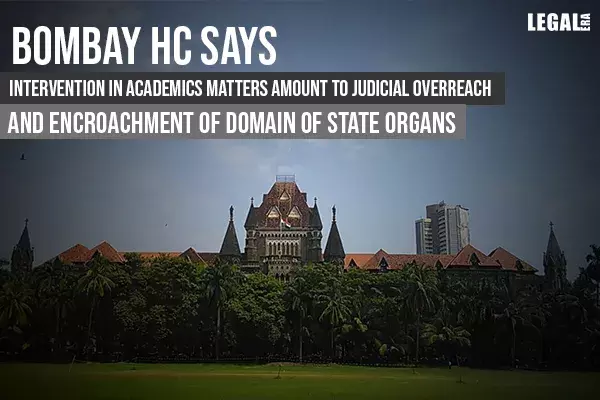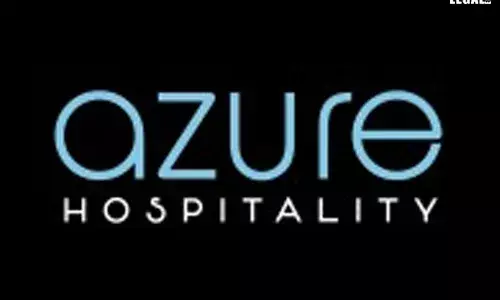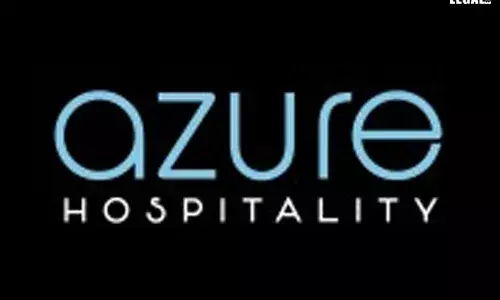Bombay High Court says Intervention in Academics Matters Amount to Judicial Overreach And Encroachment of Domain of State Organs
The Bombay High Court (HC) disposed of a Public Interest Litigation (PIL) filed by a social activist for seeking directions;

Bombay High Court says Intervention in Academics Matters Amount to Judicial Overreach And Encroachment of Domain of State Organs The Bombay High Court (HC) disposed of a Public Interest Litigation (PIL) filed by a social activist for seeking directions to the Union of India & Ors. (Respondents) to spread awareness about the Constitution of India, Right to Information (RTI) Act...
Bombay High Court says Intervention in Academics Matters Amount to Judicial Overreach And Encroachment of Domain of State Organs
The Bombay High Court (HC) disposed of a Public Interest Litigation (PIL) filed by a social activist for seeking directions to the Union of India & Ors. (Respondents) to spread awareness about the Constitution of India, Right to Information (RTI) Act and Consumer Protection Act among people
On 20 January 2021, a division bench comprising of Chief Justice Dipankar Datta and Justice Ravindra V Ghuge disposed of the PIL filed by the social activist and agriculturist Sanjay Bhaskarrao Kale (Petitioner) who sought inclusion of above-mentioned laws as compulsory subjects of education at a high level of studies, i.e., Undergraduate and Post-Graduate courses.
The HC constrained to pass any direction noting that it would be 'judicial overreach and stepping into the domain of other organs of the state'. However, the Court asked experts in the educational field and authorities to consider such demand and it asked the petitioner to pursue his remedy before the concerned authorities.
The petitioner stated that he had several times made representations to the Governor of Maharashtra and State Higher and Technical Education Department for seeking measures for awareness about laws related to 'public importance'. He had requested to make these laws a mandatory subject at higher level studies; however, it did not avail any response from the authorities.
The petitioner also mentioned that he had also written to universities in Maharashtra, but no steps were taken on his requests.
The PIL stated, "The Constitution of India, Right to Information Act and Consumer Protection Act, lay down fundamental rights, fundamental duties and other rights including the right to information, right to inspect, right to good services, which are very much essential in day-to-day activities/transactions. Every person living in a democratic India shall know about these laws or rights so as to achieve the goals enumerated in the preamble of the Constitution."
The petitioner sought directions through his plea from the HC to the central government for enforcement as a condition of license to all cinema halls to exhibit free of cost at least two slides/messages/short film on important rights and duties and also sought such telecasts on TV and radio channels including those run by the government.
The Chief Justice-led bench referred to a foreword written by former CJI Yashwant V Chandrachud in a book authored by Justice K K Mathew, which read, "In our present dispensation, a judge cannot, except for honourable exceptions, lay plausible claim of legal scholarship."
The bench noted, "We certainly are not exceptions and, therefore, would never dream of claiming legal or any other scholarship. Why we say so is because of the nature of concern expressed in this PIL petition. As Judges, we primarily don the hat of an adjudicator. Having regard to the manifold activities in relation to administrative work that we perforce are bound to discharge, we also don other hats.
"An attempt is made by the petitioner by presenting this PIL to make us don the hat of an academician too and interfere in academic matters, a field of activity where we have little or no expertise."
The HC disposed of the PIL and stated, "There could be a judicial overreach and stepping into the domain of the other organs of the State if we were to entertain the prayers in this PIL petition.
"We are, therefore, of the considered opinion that the matter must be left to the discretion of the experts in the educational field. The petitioner is granted leave to pursue his remedy before such authorities."





